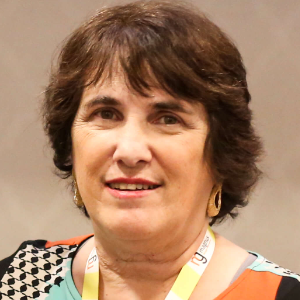Oncology Nursing
Oncology is the study of cancer prevention, diagnosis, and therapy. Acute care hospitals, ambulatory care clinics, private oncologists' offices, radiation treatment facilities, home healthcare agencies, and community agencies are all places where oncology nurses work. Surgical oncology, radiation oncology, gynecologic oncology, paediatric oncology, and medical oncology are some of the oncologic disciplines they work with. A significant capacity for compassion and the ability to perform at a high level in emotionally challenging situations are required of oncology nurses. While this may appear discouraging, it's crucial to remember that working as an Oncology Nurse gives patients with a vital source of support in their quest to beat the odds and emerge as a survivor. Oncology nurses' responsibilities range from critical care for bone marrow transplantation to community-based cancer screening, detection, and prevention. Oncology nurses tend to build close and lasting ties with the people they care for, as well as their families, due to their regular one-on-one time with them. Oncology Nurses are trusted by cancer patients and their loved ones to answer important inquiries, provide emotional validation, and manage any symptoms they may be experiencing.
- Patient-facing
- Treatment and Care of Cancer Patients
- Informing and Educating Patient and Their Families
- Patient Assessment
- Direct Patient Care
- Symptom Management
- Supportive Care

Nina Beaman
Aspen University, United States
Daryle Wane
Pasco-Hernando State College, United States
Robin Adams Geiger
Ingenovis Health, United States
Elvessa Narvasa
Quebec CCN, Canada
Sue Roe
The Roe Group Enterprises, LLC, United States
Maria Kozlowski Gibson
Cleveland State University, United States


Title : Nurse as designer: Innovative practice contributing to nursing science
Jean Ross, Otago Polytechnic, New Zealand
Title : Creating a culture of mentorship: Empowering nurses to reach their full potential
Robin Adams Geiger, Ingenovis Health, United States
Title : Emerging paradigm of patient care in the age of wearable technology
Elvessa Narvasa, Quebec CCN, Canada
Title : Late adverse effects of the treatment for childhood cancer
Jelena Roganovic, University of Rijeka, Croatia (Hrvatska)
Title : Relevance of clinical practice in nursing education
Daryle Wane, Pasco-Hernando State College, United States
Title : The neurobiology of aggression: De-escalation and whole-brain processing techniques
Nina Beaman, Aspen University, United States